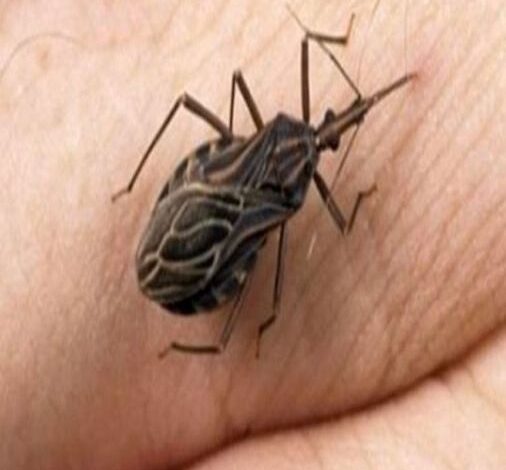Chagas, a silent and deadly disease, is caused by nocturnal bugs that silently infect up to 8 million people each year. Emiliana Rodríguez, originally from Bolivia, experienced the fear of Chagas as a child when a friend died suddenly during a nighttime game of soccer. Moving to Barcelona, she discovered that she herself was a carrier of Chagas while pregnant. However, she underwent treatment to protect her unborn child, who was born without the infection.
In Mexico, Elvira Idalia Hernández Cuevas had never heard of Chagas until her daughter was diagnosed with it. Desperate for information and support, she struggled to find knowledgeable doctors. Eventually, her daughter received the necessary treatment after seeking help from a family member in the healthcare field. Hernández believes that Chagas is not adequately recognized or addressed in Mexico.
Chagas is primarily found in Latin America, but cases have also been identified in other parts of the world. The disease is transmitted by kissing bugs that bite humans, defecate on their skin, and then enter the body through scratching or contact with the eyes or mouth. Chagas can remain hidden in the body for years, eventually causing cardiac or gastrointestinal complications that can be fatal. However, the detection rate is only 10%, making treatment and prevention challenging.
Chagas is classified as a neglected tropical disease and receives little attention from global health policies. The disease is now known to be transmissible through blood transfusions, organ transplants, and from mother to child during pregnancy. Efforts to eliminate Chagas are progressing slowly, and more effective medications are needed. The current treatments, benznidazole and nifurtimox, have toxic side effects and limited effectiveness.

Rodríguez and Hernández are both actively raising awareness about Chagas. Rodríguez is involved in a campaign by the Barcelona Institute for Global Health, while Hernández serves as the president of the International Federation of Associations of People Affected by Chagas Disease (FINDECHAGAS). They hope to combat the silence surrounding the disease and encourage testing and treatment.
The WHO has established World Chagas Disease Day on April 14, aiming to prevent, control, and eliminate the disease by 2030. To prevent infestations, the CDC recommends sealing cracks and gaps in homes, removing potential bug habitats, using screens on doors and windows, and keeping pets indoors at night. If a kissing bug is found, it should be carefully captured and taken to a local health department or university laboratory for identification.
Chagas is a menacing disease that hides within the walls of homes. Efforts are needed to eliminate Chagas and other neglected tropical diseases, and raise awareness about their existence and prevention.


